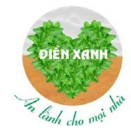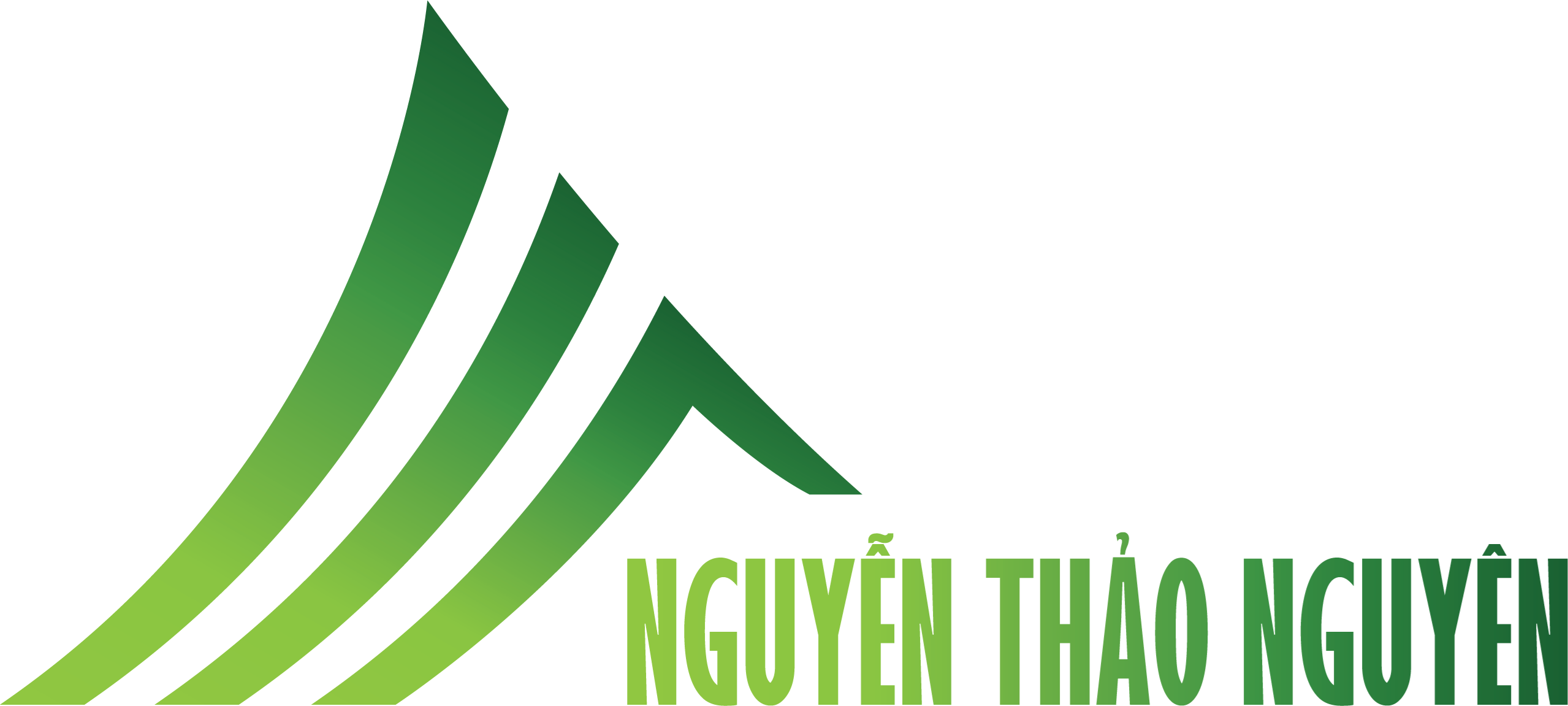|
Authors Pham Thi Anh Ngoc, D. Gaitán-Cremaschia, Miranda P. M. Meuwissen, Abstract Vietnamese pangasius farming needs to produce efficiently to compete in world markets. This study investigates the inputand output-specific technical inefficiency of Vietnamese pangasius farmers. First, we used a Russell-type (input–output) directional distance function to estimate the input- and outputspecific technical inefficiency. Second, we applied a bootstrap truncated regression to analyze the factors influencing these technical inefficiencies. Results show that the main challenges for enhancing the performance of Vietnamese pangasius production are inadequate use of capital assets (inefficiency of 42%) and improper methods to achieve higher fish yield (inefficiency of 30%). Input-specific technical inefficiency (pond area and feed) is negatively associated with the experience and education level of pangasius farmers. Location of the farm in a saltwater intrusion area is positively associated with the inefficiency of producing fish. Outcomes of this study are useful to identify successful strategies to minimize the use of inputs while simultaneously maximizing fish production. Keywords:: Aquaculture; bootstrap truncated regression; data envelopment analysis; inefficiency; pangasius |
Số lần xem trang: 3747
Nhập ngày: 28-08-2021
Điều chỉnh lần cuối: 31-08-2021







